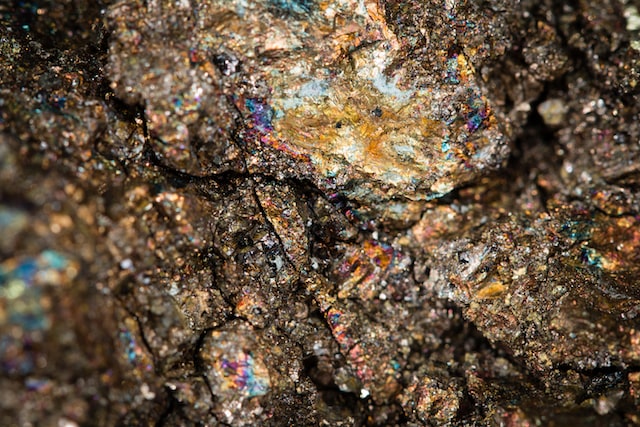

Brazil relaxes state monopoly over nuclear minerals
New provisional measure allows for partnerships with private companies in regard to various sector-related activities
Subjects
Published on August 12, 2022, Provisional Measure (MP) No. 1,133 contains provisions on the exploration, mining, and sale of nuclear minerals, their concentrates and byproducts, as well as other nuclear materials. The new MP also changes the rules that apply to Indústrias Nucleares do Brasil S.A. (INB) – a Brazilian state-owned company responsible for exploring, mining and selling nuclear minerals (as well as their concentrates, byproducts and associated substances), treating nuclear materials and developing related technology.
State monopoly over nuclear minerals
Although Article 176 of Brazil’s Federal Constitution permits the private sector to mine and explore for minerals, Article 177, item V establishes a state monopoly over activities involving nuclear minerals.
The Brazilian state conducts these activities through INB, which oversees the functioning of the state’s monopoly. However, MP No. 1,133 now allows INB to contract private companies in relation to certain activities that previously only INB could perform.
Contracting private companies
As established in the MP, INB represents the Brazilian state in its monopoly over activities related to nuclear minerals and their concentrates, byproducts and associated substances, namely:
- Exploration, mining, sale, and treatment;
- Developing technology to harness their use; and
- Conversion, enrichment, reconversion, and production of nuclear materials.
Moreover, INB is responsible for building and operating facilities for the treatment, concentration and processing of nuclear minerals, as well as facilities for industrialization, conversion, and reconversion of nuclear materials and uranium enrichment. INB is also responsible for negotiating and selling goods and services related to nuclear minerals and materials, and managing the use of nuclear ore as a strategic resource.
Before the provisional measure, INB was the only one authorized to carry out these activities. With the monopoly now relaxed, a contracted company can perform any of the above activities. Companies involved in these activities can be compensated for their services in various ways:
- Financial payments;
- A percentage of revenue from the sales of mining products (as a kind of royalty),
- The contractor is granted the right to sell the mineral associated to the nuclear mineral;
- The right to purchase the product from the mine with previous authorization to export it; or
- Other contractually established methods.
Nuclear minerals
Holders of mineral rights have to inform the Brazilian Mining Agency (ANM) and INB if they found nuclear minerals. Before MP No. 1,133, depending on the value of what was found, the mineral rights they held could potentially be transferred to INB. The MP has also provided more flexibility in this scenario.
As per the MP, when informed of the existence of nuclear minerals, INB will now conduct technical and economic feasibility analyses to identify the most appropriate way to exploit the mineral resources found. If the analyses indicate that the economic value of the nuclear minerals exceeds the value of the other mineral substance that is the object of the exploration or mining in progress, two possibilities have been established to take advantage of the nuclear resources:
- An association can be formed between INB and the holder of the exploration license or the mining concession; or
- INB can expropriate the holder’s mineral rights, in which case compensation must be paid to the holder.
However, if the analyses indicate that the nuclear minerals have a lower value than the other mineral substance being explored or mined, the holder of the mineral rights and INB must establish, in accordance with applicable regulation, how the nuclear mineral associated to the ore that is being explored or mined will be delivered to INB.
In the event the nuclear minerals cannot be exploited, the mining concession holder is responsible for appropriately disposing of and storing the tailings.
New opportunities for nuclear minerals in Brazil
Brazil has significant potential in relation to nuclear minerals. According to data compiled by the Nuclear Energy Agency (NEA) and the International Atomic Energy Agency (IAEA), Brazil has one of the ten largest uranium reserves in the world, although the government’s investment in uranium exploration has been comparatively moderate in the last decade. Also, the United States Geological Survey highlights that Brazil is the second largest holder of thorium resources worldwide, representing approximately 10% of global potential.
The two examples above give an idea of Brazil’s considerable potential for mining nuclear minerals. With MP No. 1,133 now in effect, the relaxation of the state monopoly on the exploration and mining of such minerals represents a significant step in realizing that potential.
For further information on nuclear minerals, please contact Mattos Filho’s Infrastructure & Energy practice area.


